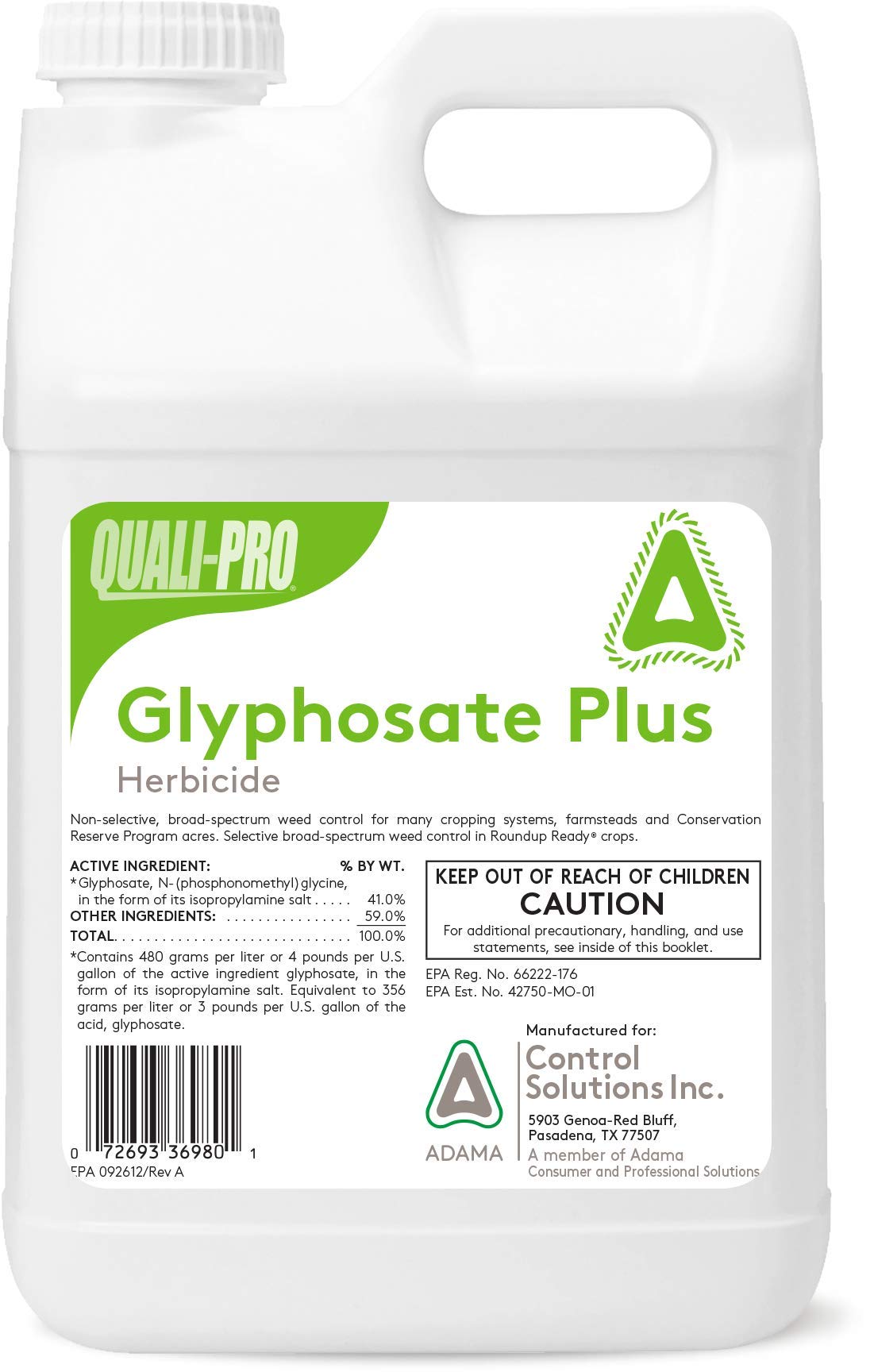Health Reporter
LEAD President Linda Tsungirai Masarira has rejected the Standards Association of Zimbabwe’s (SAZ) claims that glyphosate levels in maize meal products are within safe limits.
Masarira argues that any presence of glyphosate, a known carcinogen, poses a serious threat to public health, citing studies that link long-term, low-dose exposure to potential health risks, including cancer.
Masarira expressed concern over “misleading” assurances from SAZ and the Grain Millers Association of Zimbabwe (GMAZ) that the detected glyphosate levels were safe for consumption.
She emphasized that repeated exposure to even small amounts of the herbicide could lead to serious long-term health issues.
SAZ Technical Services Director Danmore Mabambe had earlier stated that all tested maize meal samples met national and international standards, with glyphosate levels below 0.5 parts per million (ppm). However, Masarira criticized the results as misleading and called for a total ban on the chemical in foodstuffs.
Activist Rutendo Matinyarare also spoke out, highlighting that current residue limits used by SAZ date back to 2006 and no longer align with international standards. He pointed out that the manufacturer of glyphosate itself warns against any contamination of food or water.
Key Concerns:
- Long-term Health Risks: Continuous exposure to glyphosate, even in trace amounts, can lead to health problems.
- Food Safety: Allowing glyphosate to persist in food products could worsen Zimbabwe’s public health crisis.
- Regulatory Standards: Current residue limits need to be updated to align with international standards.
Calls to Action:
- Stricter enforcement of food safety laws
- Comprehensive testing across all food and beverage industries
- Swift action to protect the public from exposure to glyphosate
The debate over glyphosate has sparked concerns about food safety in Zimbabwe, where cancer rates are alarmingly high. Masarira demands greater action to protect public health.
Zim GBC News©2024


